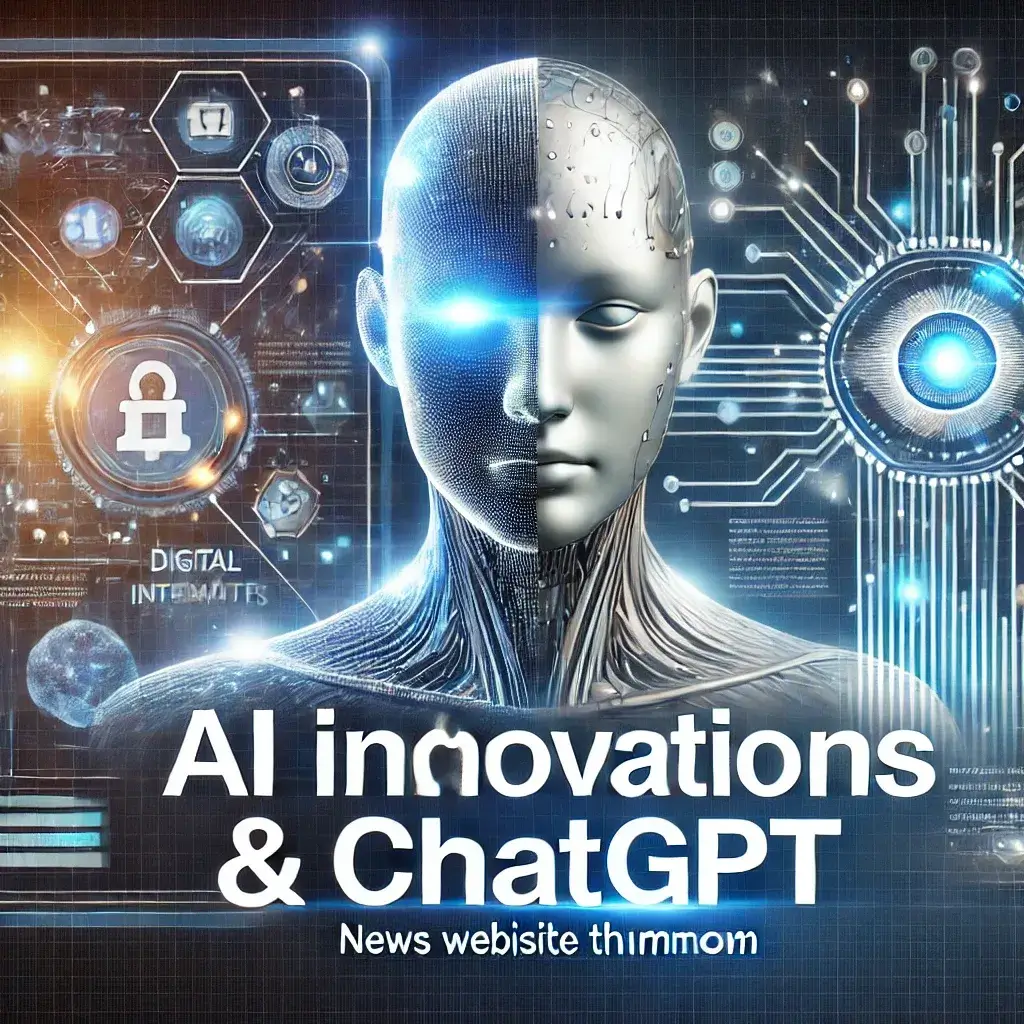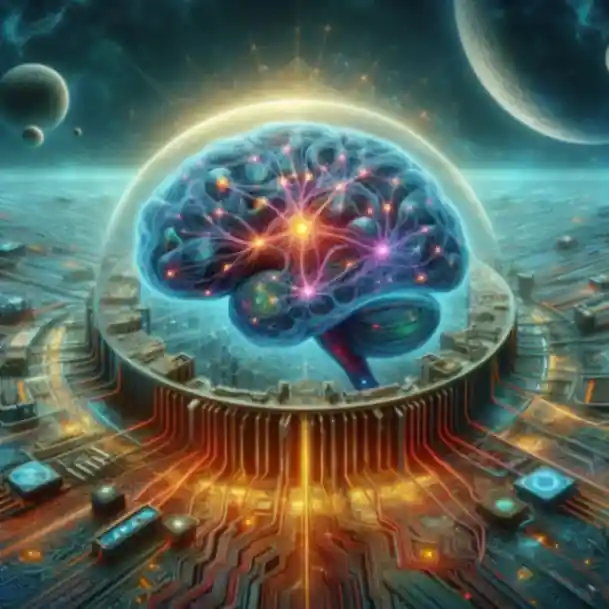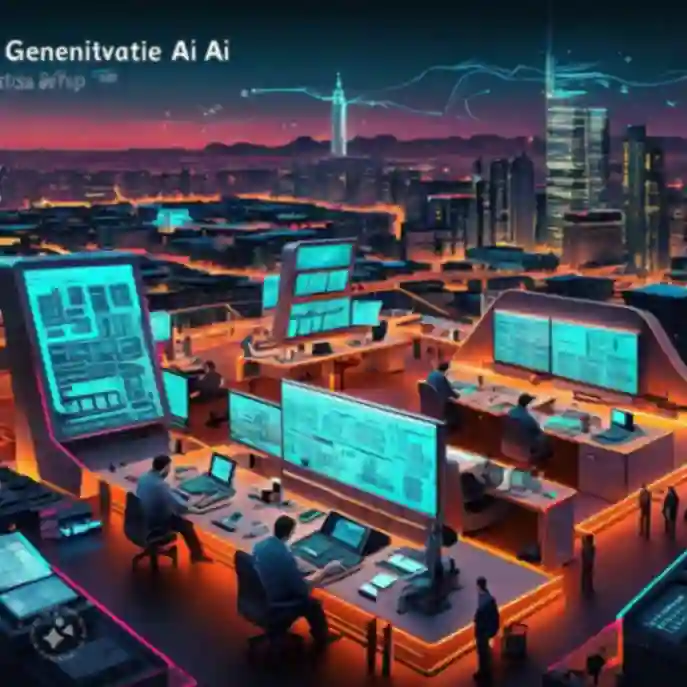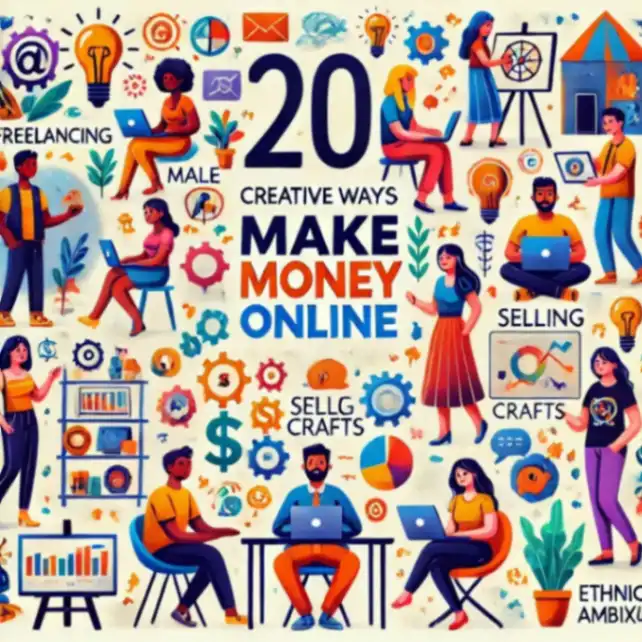
Artificial intelligence (AI) has evolved rapidly over the past decade, reshaping industries, revolutionizing communication, and enhancing human capabilities. From healthcare to entertainment, AI innovations have demonstrated their potential to address complex challenges and unlock new opportunities. One notable player in this transformation is ChatGPT, developed by OpenAI, which has emerged as a key tool in conversational AI.
The Rise of AI in Everyday Life
AI technologies, powered by machine learning, deep learning, and natural language processing (NLP), have made strides in automating processes, improving decision-making, and personalizing user experiences. Notable innovations include:
1. Healthcare: AI-driven diagnostic tools, predictive analytics, and robotic surgeries have improved patient care and operational efficiency.
2. Finance: Algorithms for fraud detection, risk assessment, and trading strategies are transforming financial services.
3. Transportation: Autonomous vehicles and AI-powered traffic management systems are paving the way for safer and more efficient mobility solutions.
4. Education: Adaptive learning platforms and virtual tutors are redefining how knowledge is imparted and accessed.
ChatGPT: A Conversational AI Revolution
ChatGPT exemplifies the power of generative AI, specifically in the realm of NLP. It is built on OpenAI’s GPT (Generative Pre-trained Transformer) architecture, which uses massive datasets and deep learning models to generate human-like responses.
Key Features and Capabilities:
1. Conversational Engagement: ChatGPT is designed to provide coherent and contextually relevant responses, making it useful for customer support, content creation, and even casual interactions.
2. Adaptability: The model can assist across domains, from answering technical queries to brainstorming creative ideas.
3. Accessibility: By integrating with platforms like apps, websites, and enterprise systems, ChatGPT is easily accessible to individuals and businesses.
Use Cases:
Business: Streamlining operations through automated customer service and personalized marketing strategies.
Education: Assisting students with research, explanations, and language translation.
Personal Productivity: Drafting emails, summarizing documents, and enhancing brainstorming sessions.
Ethical Considerations and Challenges
While AI innovations like ChatGPT offer immense potential, they also raise critical ethical concerns:
Bias: AI models can unintentionally perpetuate biases present in their training data.
Privacy: The handling of sensitive data during interactions requires stringent security measures.
Dependence: Over-reliance on AI could impact human creativity and critical thinking.
Addressing these challenges requires robust governance frameworks, transparency, and continuous improvement in AI systems.
The Future of AI and ChatGPT
Looking ahead, AI’s integration into society is expected to deepen, with advancements in multimodal AI (combining text, images, and audio) and real-time adaptability. OpenAI and similar organizations aim to refine AI tools like ChatGPT to be safer, more accurate, and versatile.
ChatGPT is more than a tool—it’s a testament to how AI can complement human ingenuity, fostering collaboration and driving innovation. Its continued evolution will likely expand its impact, making AI an indispensable part of our daily lives.






